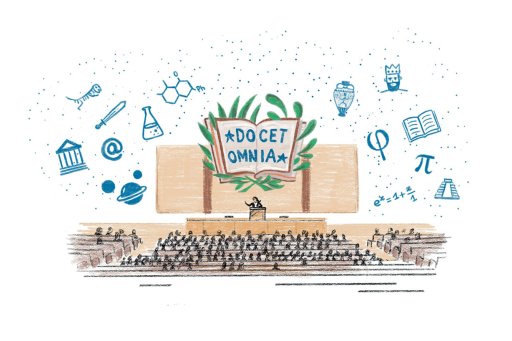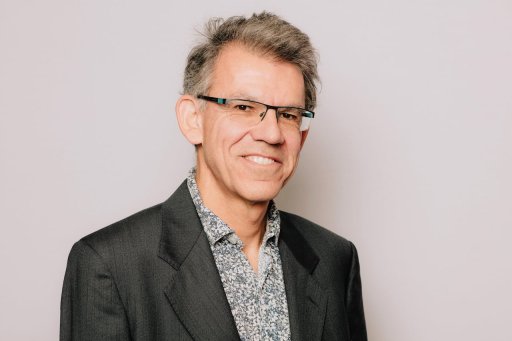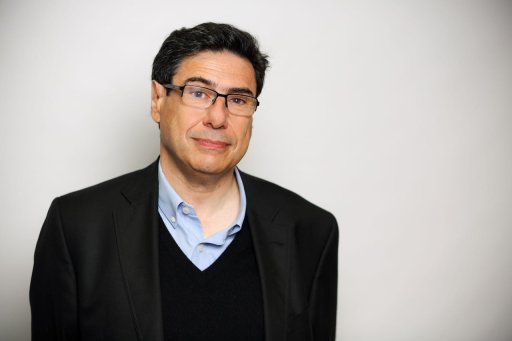As part of the " Covid Initiative " and the " Regards sur une crise " cycle, professors from the Collège de France and the Académie royale des sciences, des lettres et des beaux-arts de Belgique have, for several months now, been helping to shed light on the many facets of the systemic crisis caused by the Covid-19 pandemic, beyond strictly medical issues.
In order to broaden and deepen this reflection, the Collège de France and the Collège Belgique of the Académie royale des sciences, des lettres et des beaux-arts de Belgique, which have maintained fruitful links for many years, have decided to join forces and bring a European, French-speaking and interdisciplinary dimension to this contribution, taking the time to reflect in depth on the multiple issues at stake in the pandemic. The first concrete elements of this joint action consist of a series of webinars broadcast live, bringing together professors from both institutions to compare their thoughts in the form of dialogues on cross-cutting themes. Attendance is free and open to all, including members of the public, journalists, students and researchers, without prior registration.










